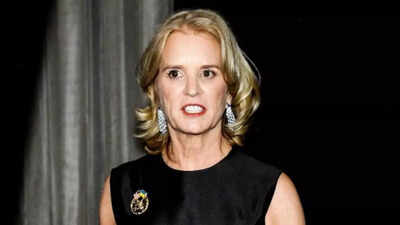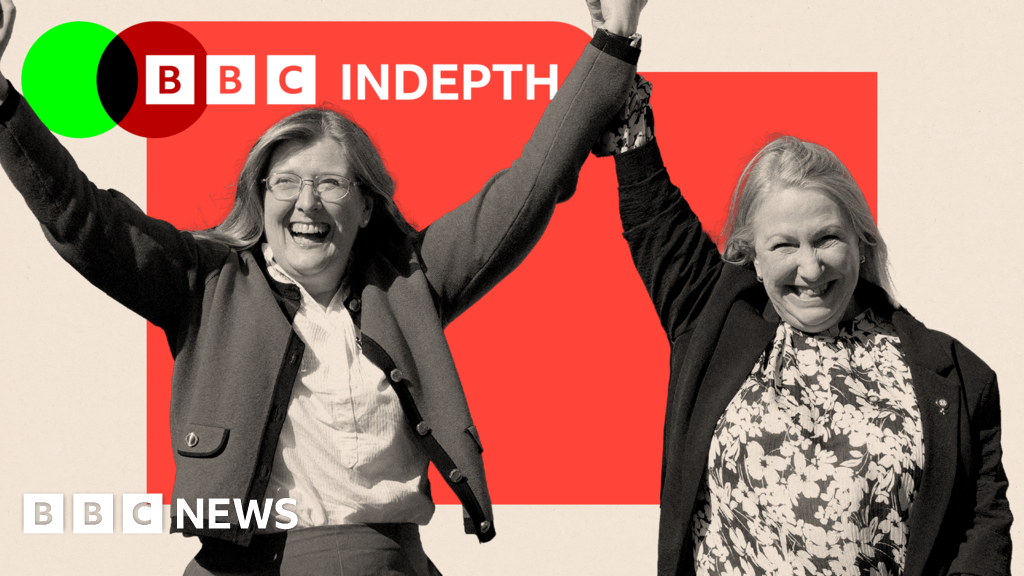Mark Carney Unveils Ambitious Campaign Platform Focusing on National Defense and Economic Growth

In a bold move that underscores his commitment to national security and economic resilience, Canadian Prime Minister Mark Carney has unveiled a comprehensive campaign platform that aims to invest heavily in military capabilities and infrastructure while simultaneously cutting taxes and reducing government spending. This announcement comes at a critical juncture in Canadian politics, as the nation prepares for parliamentary elections scheduled for April 28, following the resignation of Justin Trudeau on March 14.
Carney, who previously served as the governor of both the Bank of Canada and the Bank of England, is positioning himself as the candidate best equipped to navigate the increasingly complex and strained relationship with the United States. As tensions rise, particularly under the leadership of President Donald Trump, Carney argues that Canada must demonstrate economic strength to effectively defend its sovereignty against American pressures.
During his speech on Saturday, Carney made a striking proclamation: President Trump is trying to break us so that America can own us, and that will never happen. Canada is not America, and it never will be, but we need to do more to just recognize that. We need a plan to deal with this new reality. This statement reflects his commitment to maintaining Canadas independence in the face of perceived threats from its southern neighbor, which has recently taken steps such as imposing heavy tariffs and even alluding to the idea of annexing Canada as the 51st state.
Carneys detailed plan includes significant investments in both infrastructure and defense, aiming to enhance Canadas military readiness and capabilities. He outlined specific goals to increase defense spending to surpass the NATO benchmark of 2 percent of gross domestic product (GDP) by 2030. This ambitious initiative includes the procurement of critical military assets such as submarines, drones, and icebreakers, which are essential for Arctic sovereignty and operational readiness.
Furthermore, Carney plans to establish a trade diversification fund aimed at helping Canadian exporters break free from the constraints imposed by the heavily tariffed U.S. market. He emphasizes the necessity of bold investments in the economy, stating, Were in an enormous crisis, so we have to be able to do two things: hold down on that wasteful spending, but much more than that, we need to be bold and drive investment in the economy and take the amazing opportunities we have.
In contrast, his main rival, Pierre Poilievre, leader of the Conservative Party, has also called for increased defense spending but proposes to offset these expenditures with deep cuts to what he describes as wasteful foreign aid. This sets up a clear ideological battle between the two candidates as they vie for voter support.
In addition to bolstering military spending, Carney is focused on fiscal responsibility, pledging to balance the federal budget within three years. He plans to achieve this by cutting expenditures within the federal public service, all while ensuring that essential services like healthcare and pensions remain protected. The government has been spending too much, and Canada has been investing too little, he asserted, signaling a shift towards a more conservative fiscal approach in his governance.


























